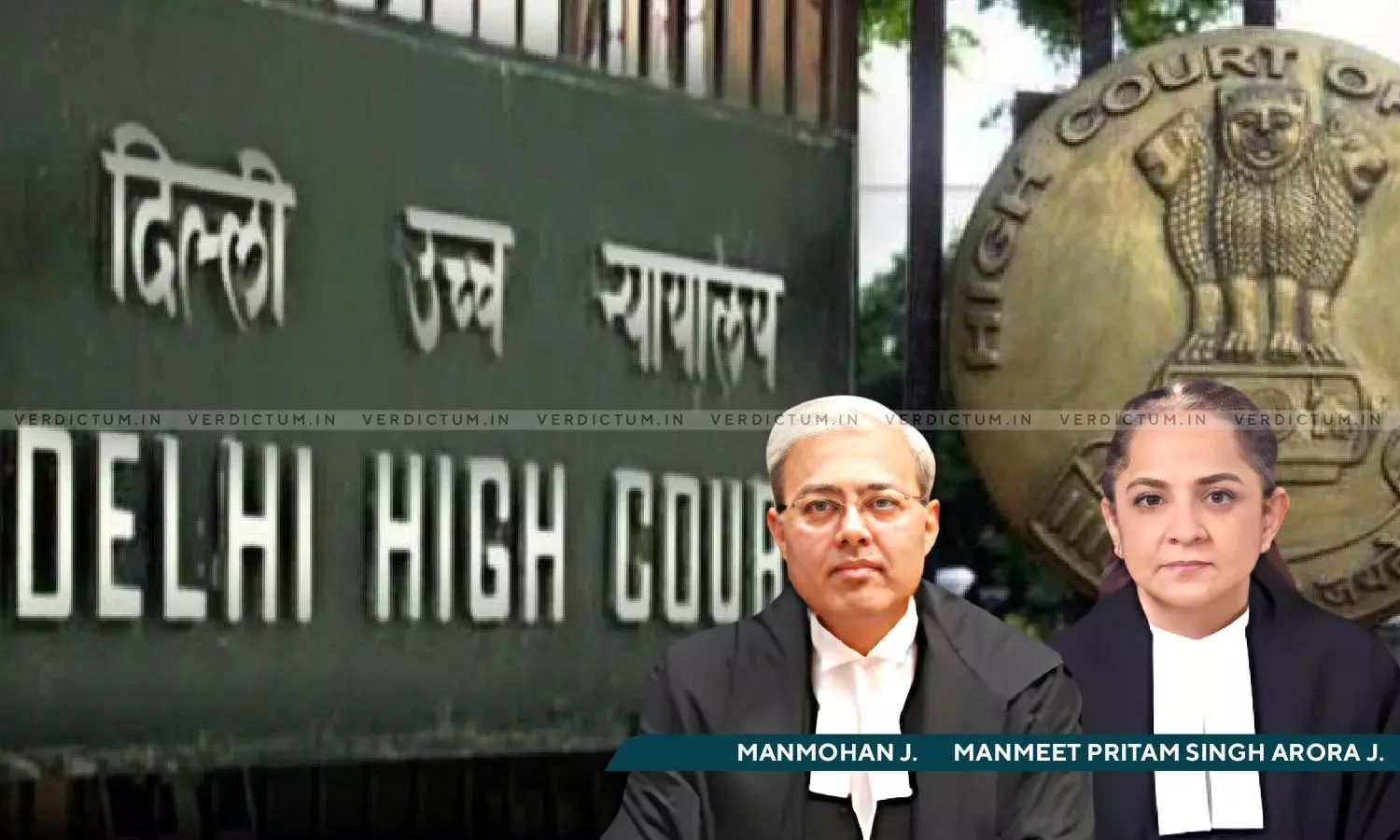Delhi HC Upholds Validity Of Notifications Levying GST On Auto Ride Through Platforms Like Uber

The Delhi High Court has upheld the validity of the notifications issued by the Centre levying GST on auto-rickshaw and other non-air conditioned carriages through e-commerce platforms such as Uber.
The bench of Justice Manmohan and Justice Manmeet Pritam Singh Arora observed that the impugned Notifications do not create an unreasonable classification on the basis of the ‘mode of booking’ availed by the consumers.
The Court was dealing with the plea filed by Uber India Systems Private Limited, Pragatisheel Auto Rickshaw Driver Union and IBIBO Group Private Limited along with Make My Trip (India) Private Limited challenging notifications issued by the Central Government on November 18, 2021.
The notifications had made fare in respect of booking via an e-commerce operator (ECO) for an auto-rickshaw ride or bus ride eligible to levy of tax.
Advocates Bharat Raichandani and M.Shoeb Alam appeared for petitioners whereas CGSC Asheesh Jain appeared for Union of India.
The Court noted that provisions of the GST Act itself recognizes the ECOs as a class separate from the individual service providers selling their services through the e-commerce platform.
The Court observed that “The Petitioner 1, 2 and 3 have not disputed the aforesaid stated objective of the GST law that every transaction must be taxed. Therefore, the impugned Notifications, which seek to withdraw the exemption and tax the consumers who elect to avail a ride in the auto rickshaw or a non-airconditioned stage carriage through ECOs, is in conformity with the stated objective of the Act of 2017.”
The Court reiterated that the ECOs are a distinct class and the Respondents are well within their jurisdiction to exclude the said class from exemption. It added that there is no vested right in the ECOs to claim the continuation of exemption.
The Petitioners had contended that the fare charged by them from the consumer booking the ride through the ECO should continue to remain exempt from GST as is the case when the booking is made by the consumer directly with the individual auto-driver through street hailing and the individual bus operator through his booking office.
The Court remarked that “…the quality of the physical ride in the auto rickshaw may remain the same even if it is street hailed, the experience of the doorstep convenience and the assurance Petitioner 1 is assuming the safety for the ride makes the experience different for the consumer. Therefore, the consumer who uses Uber App to an auto rickshaw ride and the consumer who uses a street hailed auto rickshaw fall under a different category.”
The Court held “…this Court is of the opinion that the classification of the ECOs like Petitioner 1 and 3, as a class of service providers, which are separate and distinct from the individual supplier is, therefore, statutorily classified and recognised in the provisions of the Act of 2017 and more specifically in Sections 9(5) and 52 of the Act of 2017”
Thus the Court concluded “…we are of the view that the Petitioner 1, 2 and 3 are not entitled to the reliefs as sought in the writ petitions. Therefore, the present batch of writ petitions are dismissed”
Cause Title- Uber India Systems Private Limited v. Union of India & Anr. (Neutral Citation No. 2023:DHC:2489)
Click here to read/download Judgment

